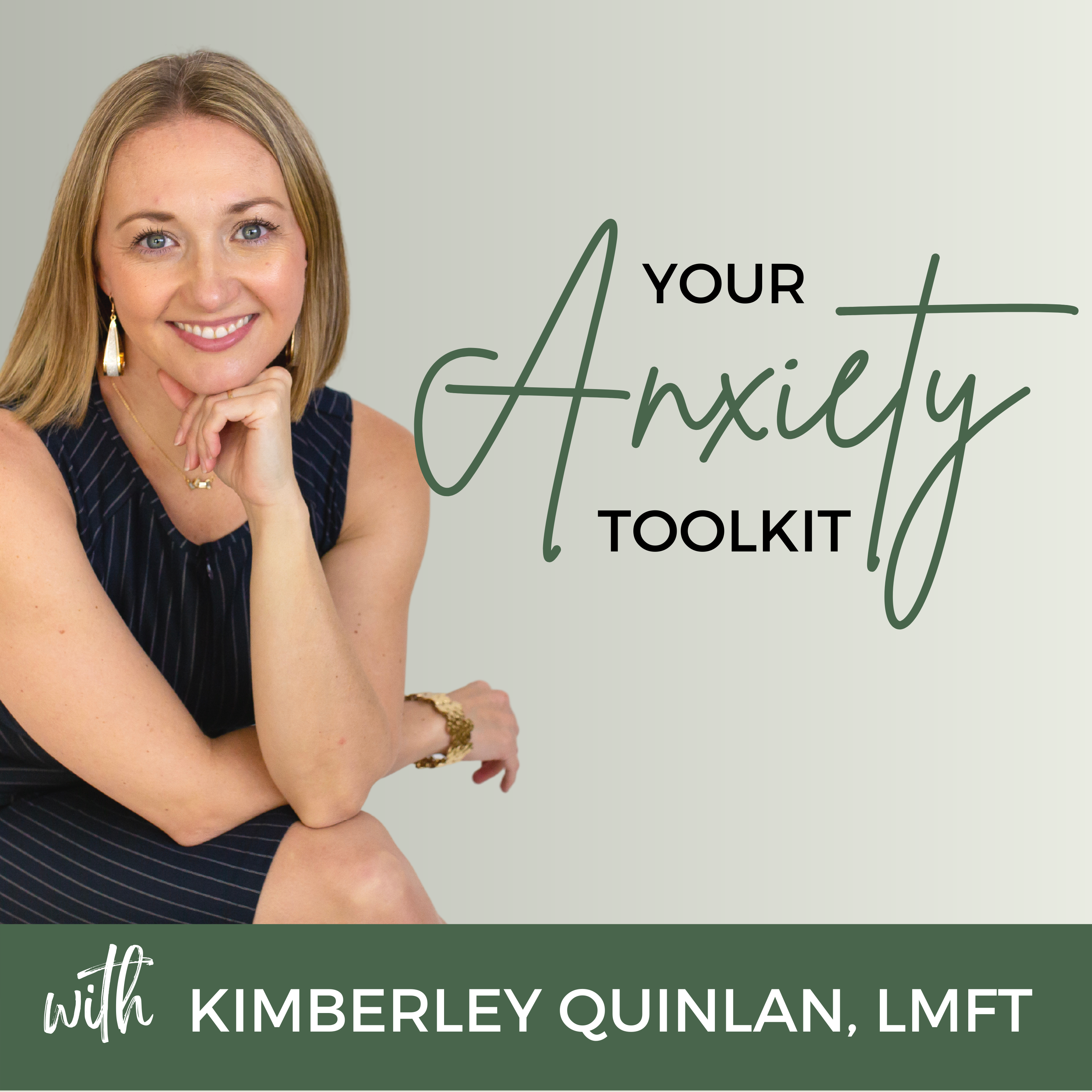- After-Shows
- Alternative
- Animals
- Animation
- Arts
- Astronomy
- Automotive
- Aviation
- Baseball
- Basketball
- Beauty
- Books
- Buddhism
- Business
- Careers
- Chemistry
- Christianity
- Climate
- Comedy
- Commentary
- Courses
- Crafts
- Cricket
- Cryptocurrency
- Culture
- Daily
- Design
- Documentary
- Drama
- Earth
- Education
- Entertainment
- Entrepreneurship
- Family
- Fantasy
- Fashion
- Fiction
- Film
- Fitness
- Food
- Football
- Games
- Garden
- Golf
- Government
- Health
- Hinduism
- History
- Hobbies
- Hockey
- Home
- How-To
- Improv
- Interviews
- Investing
- Islam
- Journals
- Judaism
- Kids
- Language
- Learning
- Leisure
- Life
- Management
- Manga
- Marketing
- Mathematics
- Medicine
- Mental
- Music
- Natural
- Nature
- News
- Non-Profit
- Nutrition
- Parenting
- Performing
- Personal
- Pets
- Philosophy
- Physics
- Places
- Politics
- Relationships
- Religion
- Reviews
- Role-Playing
- Rugby
- Running
- Science
- Self-Improvement
- Sexuality
- Soccer
- Social
- Society
- Spirituality
- Sports
- Stand-Up
- Stories
- Swimming
- TV
- Tabletop
- Technology
- Tennis
- Travel
- True Crime
- Episode-Games
- Visual
- Volleyball
- Weather
- Wilderness
- Wrestling
- Other
What if I never get better? – Tools & Strategies to Stay Hopeful & Focused on Recovery | Ep. 354
What if I never get better? This is a common and distressing fear that many people worry about. It can feel very depressing, it can be incredibly anxiety-provoking, and most of all, it can make you feel so alone. Today, I’m going to address the fear, “What if I never get better?” and share tools and strategies to stay hopeful and focused on your recovery. If you have the fear, “What if I never get better?” I want you to settle in. This is exactly where you need to be. I want to break this episode down into two specific sections. So, when we are talking about “What if I never get better?” we’re going to talk about first the things I don’t have control over, and then the things we do have control over. That will determine the different strategies and tools we’re going to use. Before we do that, though, let’s talk about first validating how hard it is to recover. Recovery is an incredibly scary process. It can feel defeating; it can feel, as I said, so incredibly lonely. When we’re thinking about recovery, we often compare it to other people’s recovery, and that’s probably what makes us think the most. Like, will I ever recover? Will I get to be like those people who have? Or if you see people who aren’t recovering, you might fear, “What if I don’t recover either?” even if you’re making amazing steps forward. It can be an exhausting process that requires a lot of care, compassion, and thoughtful consideration. Most of all, recovery requires a great deal of hard work. Most people, by the time they come to me, are exhausted. They’ve given up. They don’t really feel like there’s any way forward. And I’m here to share with you that there absolutely is, and we’re going to talk about some strategies here today. Now, that being said, while all of those things are true—that it is hard and distressing and can be defeating—I wholeheartedly believe that recovery is possible for everyone. But what’s important is that we define recovery depending on the person. I do not believe that there is a strict definition of recovery, mainly because everybody is different, everybody’s values are different, and everybody’s capacity is different. So we want to be realistic and compassionate, and we want to make sure our expectations are safe and caring as we move towards recovery. Let’s talk about what that might look like. Again, it’s going to be different for every person. WHAT IF I DON'T GET BETTER FROM OCD? If we’re talking about recovery for OCD, let’s say we’re going to be talking about what’s realistic. Again, what’s compassionate? So, if someone comes to me and says, “I want my goal of recovery to be never to have anxiety and never have intrusive thoughts ever again,” I’m going to say to them, “That sounds really painful and out of your control. Let’s actually work at controlling your reaction to them instead of trying to tell your brain not to have thoughts and not to have feelings, because we all know how that works. You’re going to have more of them, right?” But again, the degree in which you recover is entirely up to you. WHAT IF I DON'T GET BETTER FROM GENERALIZED ANXIETY DISORDER? Recovery for anxiety or generalized anxiety is going to be the same. I am probably going to use me as an example. I have generali

